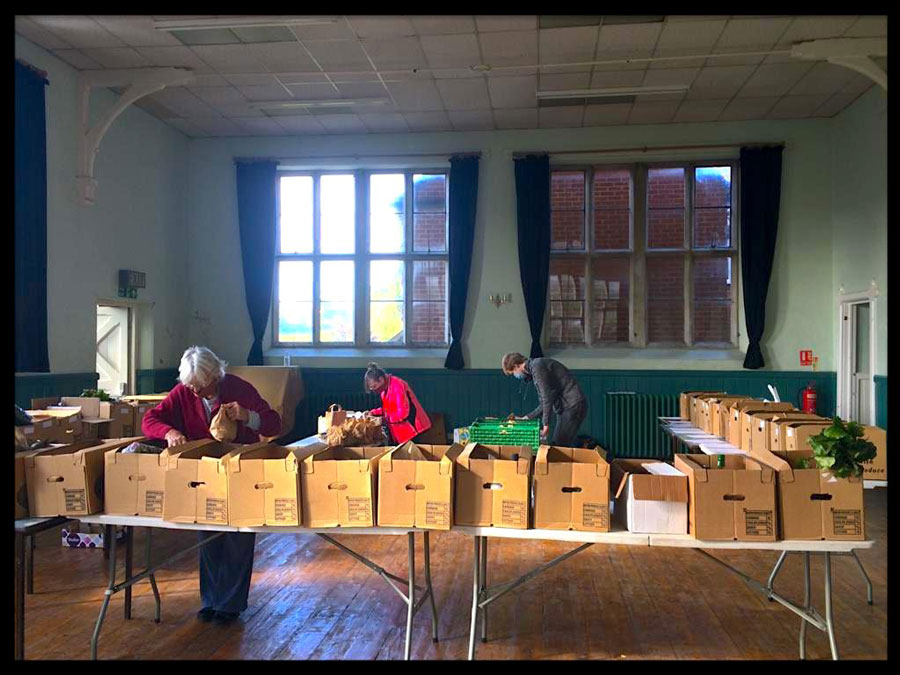
Photo courtesy of Stroudco Food Hub Facebook
In this series of guest blogs, Lynne Davis, CEO of the Open Food Network, describes the business models of some of the food hubs and producers in their community. Here, in the fifth blog of the series, Lynne introduces Stroudco Food Hub.
Stroudco is one of the pioneers of the food hub model in the UK. Since 2008, Stroudco has been working to bring together local producers and coordinate a distribution service in the Stroud region.
Stroudco began as a group of allotmenteers driven to connect with local producers so they could buy local produce when their allotments were less productive. The group joined up with local schools and families to access pro bono packing space and volunteer labour to get the service off the ground. Today, Stroudco has an annual turnover of £80 000. They are registered as a community interest company (CIC) and deliver 20-30 food boxes a week with orders ranging from less than £10 to over £150. They employ two part time staff members, between five and seven paid delivery drivers, and a team of packing volunteers. The operations team is supported by a Board of Directors that oversees strategy and direction.
James Millar, one of the Directors of StroudCo, reflects that the food hub hasn’t seen a continuous growth over its 13 year history. In 2019, the group paused the business after their attempt to restructure as a cooperative failed. They restarted during the first lockdown of the pandemic with overwhelming demand and support from the community that they had established in the previous 11 years of operation, but things are precarious: “[Today] the service is still going, but we are just breaking even,” he says. “The Stroud area is well served for quality food and our offering is not significantly more affordable or convenient to enable us to scale.” While the service is viable, the group would like to grow so they can make greater progress towards their social and ecological aims.

